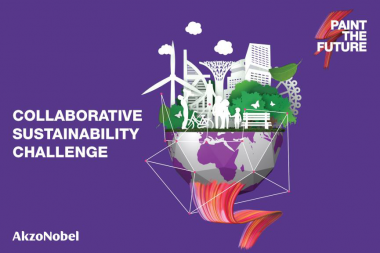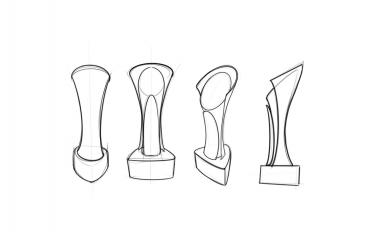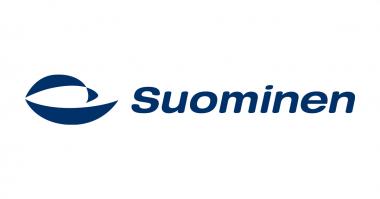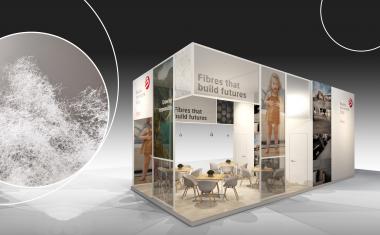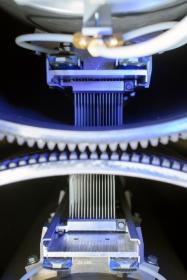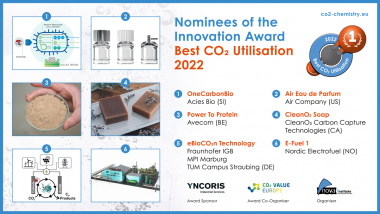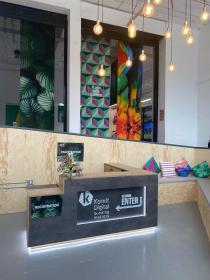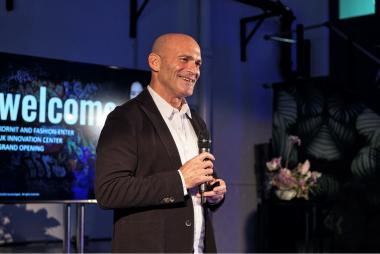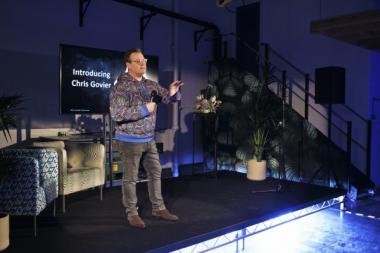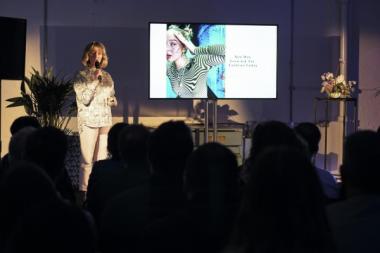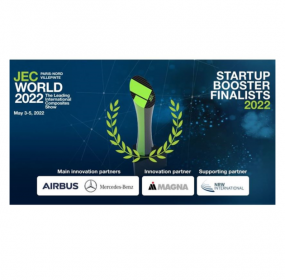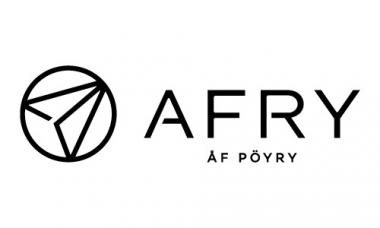AkzoNobel launches 24-hour challenge to unite partners and tackle climate change
A initiative designed to collectively accelerate carbon reduction in the paints and coatings industry has been launched by AkzoNobel.
The company has invited partners from across the value chain to take part in its Collaborative Sustainability Challenge – a new Paint the Future initiative which aims to develop a shared approach to tackling climate change.
Due to be staged in May, the 24-hour event will involve senior executives and next generation leaders from a select group of partners – including suppliers and customers – who will engage in open discussions in a non-confidential environment.
During the event, participants will deep-dive into the following areas:
- Energy transition – Inspire partners towards decarbonizing processes and transitioning to renewable energy sources
- Process efficiency – Increase the efficiency of material use and reduce the energy required for applying and curing paints and coatings
- Solvent emissions – Reduce the number of solvents emitted throughout our entire value chain
- Circular solutions – Increase the use of circular solutions in paints and coatings, both upstream and downstream
The forthcoming Collaborative Sustainability Challenge will build on the success of Paint the Future, which has already established a collaborative innovation ecosystem with startups, suppliers, academia and customers.
AkzoNobel’s Collaborative Sustainability Challenge is scheduled to take place in Amsterdam, the Netherlands, between May 17 and 18, 2022.
AkzoNobel


